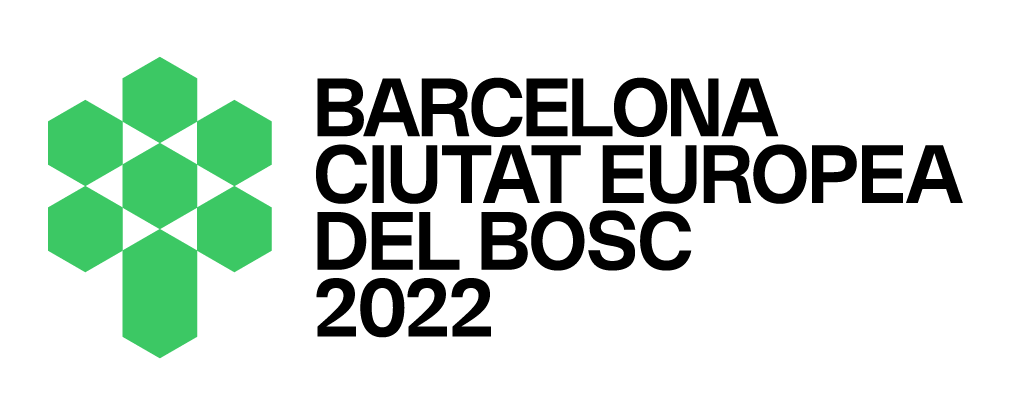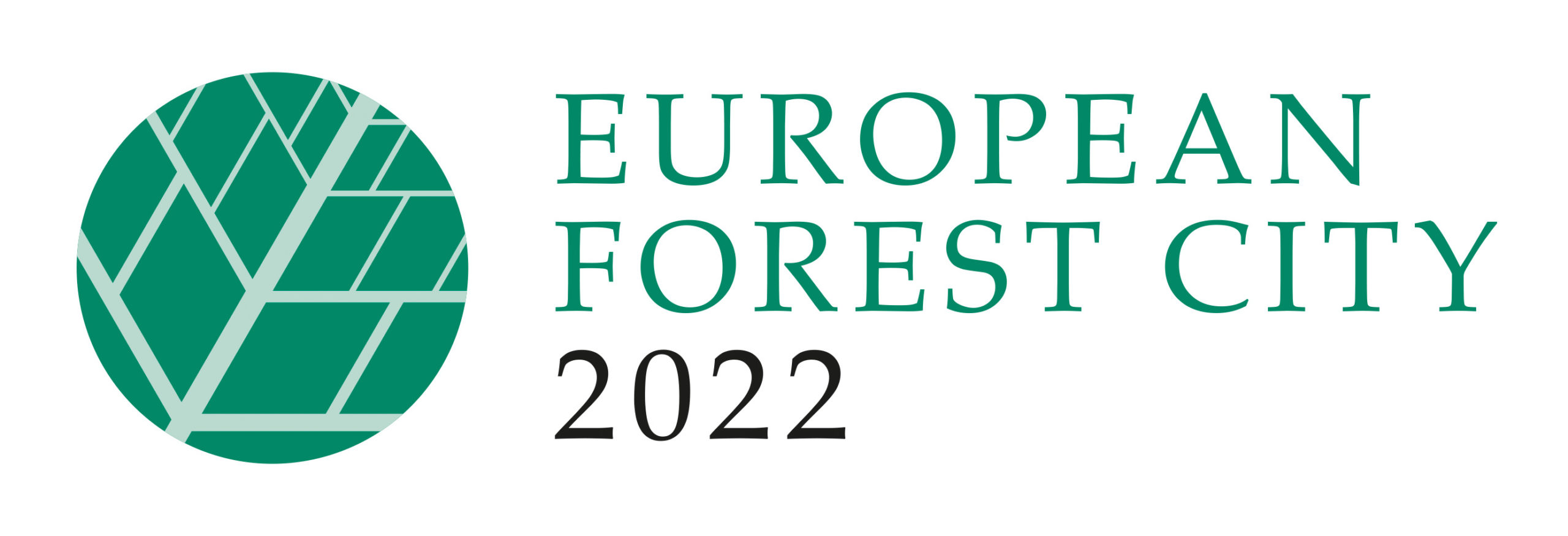
The European Forest Institute (EFI) is an international organisation established by European states, that conducts research and provides policy support on issues related to forests. It also facilitates and stimulates forest-related networking and promotes the dissemination of unbiased and policy-relevant information, based on scientifically sound data that serves as a basis for forest policy development.

The Metropolitan Area of Barcelona is a large conurbation organised under a supra-municipal administration with responsibility in social cohesion, balanced territorial development, housing, transport and mobility, water cycle and waste management, and the environment of the metropolitan area. The AMB is made up 36 municipalities and encompasses an extensive territory, 52% of which consists of natural areas (the Garraf Mountains, Collserola and the Serralada de la Marina, among others). Drafted and processed by the AMB, the Special Plan for the Protection of the Natural Environment and Landscape of the ‘Serra de Collserola’ Natural Park (PEPNat) was approved in 2021. The guiding and transversal principal of the protection and preservation of this important natural area follows an ecological strategy based on improving the biodiversity and enhancing of the ecosystem services.

The Barcelona City Council is the political body with most administrative competences in the city of Barcelona. This public administration has the responsibility of regulating the daily life of citizens, urban planning, transport, road safety, the maintenance of public roads and the green areas, and the construction of municipal public facilities. The city is committed with promoting life and biodiversity in the city and has pushed forward the Nature Plan 2021-2030 to ensure different actions that gives nature a central role in the future city model.

The Autonomous Government of Catalonia is the institution system of self-government that organises Catalonia. The natural heritage of the Catalan territory is exceptionally diverse because of its geographical location that covers high mountainous regions as well as river, coastal and marine areas, humanised agricultural habitats, wetlands, forests, bushland, meadows and grasslands. Currently, 65% of Catalonia is forest area and home to more that 40 different tree species. Commissioned by the General Sub-directorate of Forestry of the Autonomous Government of Catalonia and coordinated by CREAF, monitoring is undertaken annually of the health of forest in Catalonia. Furthermore, the Catalan Government has approved the Bioeconomy Strategy for Catalonia for the period 2021-2030, a transition roadmap towards an economic model in Catalonia based on the Circular Bioeconomy principles.

The Barcelona Provincial Council is a local governmental institution that contributes to the progress and wellbeing of the citizens of its territorial area that encompasses the whole of the province of Barcelona. This extension represents 311 municipalities and 24% of Catalonia’s total surface area. The Barcelona Provincial Council also comprises the Network of Natural Parks which is made up of 12 natural spaces of high landscape, ecological and cultural value, covering 102.587 hectares. Through the management of the network, the Barcelona Provincial Council guarantees a territorial and environmental balance across the territory and protects the natural, agricultural, forest, cultural and landscape values.

The IAAC is a centre for research, education, production and outreach, with the mission of envisioning the cities of the future. The IAAC is inspired by the values of Barcelona, the capital of architecture and design and birthplace of urbanism, as well as a city with high quality, innovation-oriented research that is connected with an international network of excellence in the fields of technology, architecture and society. As an integral part of the IAAC, there is the Valldaura Labs, a research centre focussed on the idea of self-sufficiency. Located in the Collserola Natural Park, Valldaura Labs is an experimental centre for learning directly from nature with the purpose of applying this knowledge to the regeneration of the cities of the 21st century.

The CREAF is a public research centre dedicated to terrestrial ecology, territorial analysis and global change, pursuing excellence in the production and dissemination of knowledge, in addition to the innovation development, and the transfer of methodologies. The centre strives to contribute to knowledge on conservation and management of the environment and the territory, in addition to adaptation to environmental change at local, regional and global scales, functioning as a bridge between academia, administrations, and society, and promoting awareness within its scope of activities.

The CTFC is a research centre of reference in Europe in the area of forests that contributes to science, making It relevant for sustainable forest management, biodiversity and Circular Bioeconomy. To achieve this, the centre is organised on three programs: multifunctional forest management, landscape dynamics and biodiversity, and governance and Bioeconomy. The research carried out within these programs is focused on key aspects such as environmental function equilibrium, climate change adaptation or competitiveness along value chains.

- Belloch Park
Belloch Park is a design and sustainable economy-centred park of knowledge that is located 30km from Barcelona. It is responsible for the real estate promotion and management of Belloch Park (about 170 hectares) and serves the community of companies based in its central campus. It houses companies related to design, management and ecology and also has its own tree nursery. Its facilities are undergoing a process of transformation in order to become self-sufficient.
Scientific Committee
European Forest Institute (EFI)
Metropolitan Area of Barcelona (AMB)
Institute for Advanced Architecture of Catalonia (IAAC)
Forest Science and Technology Centre of Catalonia (CTFC)
Ecological and Forestry Applications Research Centre (CREAF)
Belloch Park
Organisations that give support to Barcelona as the European Forest City of 2022
Consortium of the Serra de Collserola Natural Park
The Architects’ Association of Catalonia (COAC)
Official Association of Forest Engineers of Catalonia
Official Association of Civil Engineers of Catalonia
Senior Council of the College of Architects of Spain
The Catalonia Institute of Construction Technology
Cerdanyola del Valles City Council
Polytechnic University of Catalonia
Agència d’Ecologia Urbana
Fira Barcelona
Catalunya La Pedrera Foundation
Modernist complex of Sant Pau
Cercle d’Infraestructures
Estudi Ramon Folch
Barcelona Global

